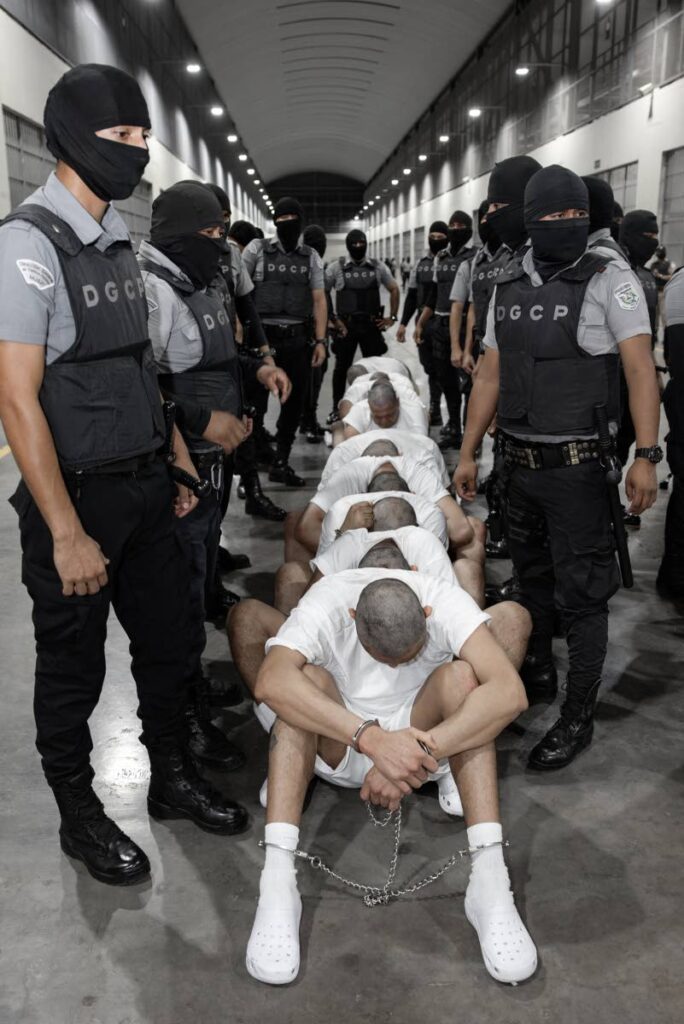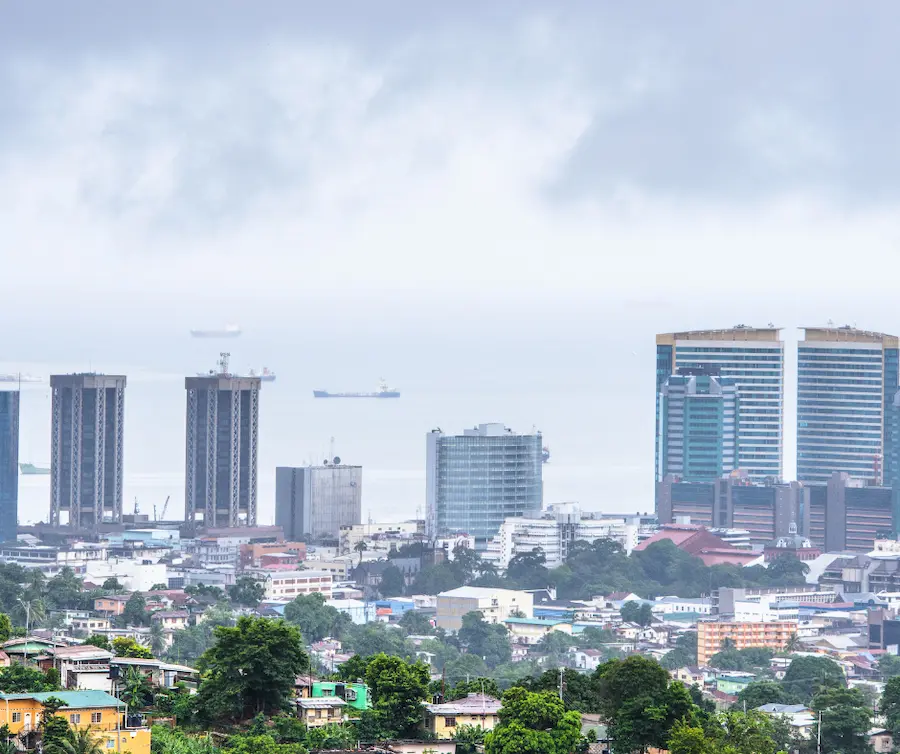

ACTING Commissioner of Police Junior Benjamin says, just as they are working to dismantle and disrupt gangs in Trinidad and Tobago, they will apply similar strategies to tackle the notorious Venezuelan gang, Tren de Aragua.
Benjamin spoke to the Sunday Newsday by telephone call on March 29 and said the issue of gangs and gang culture in the country is of "great concern" to the police.
"The fact that we have an increasing number of people coming from Venezuela means they would bring their gang culture to TT.
"But I cannot say conclusively that Tren de Argaua members are operating in TT."
The Sunday Newsday confirmed on February 11 through a senior police officer in the Special Intelligence Unit (SIU) that Tren de Aragua gang members are in the country.
>
"I did not get that information from them; however, any of the gangs that exist, there are things we are doing to deal with them," Benjamin said.
He spoke about employing the use of gang mining – the practice of gathering detailed information and intelligence about criminal gangs.
"We will analyse the gangs, looking at different things: the names, sizes, the members and the associations, and then use the appropriate intelligence and strategies to see to disrupt and dismantle their operations."
Asked how specifically gang mining would work to effectively disrupt gangs, Benjamin said he could not give out sensitive national security details.
Also asked about the police partnering with regional and international law enforcement agencies, Benjamin said, "We, the police service, have never gone in alone. We have always had our external partners...be part and parcel of the decision-making process as well as the intelligence that we have."
He said the police would continue to work in the best interest of the country.
Venezuelan gang hard to track
Newsday asked the senior officer in the SIU if they knew how many Tren de Aragua gang members were in TT.
"No, we cannot say. I don’t want to say something and it’s printed and I’m quoted. At this moment we can’t say (how many members are here), but there is information that they are here." The officer spoke on the condition of anonymity as he was not authorised to speak to the media.
>
The officer said police struggle to track members of foreign gangs because they enter the country illegally, a challenge they do not face with local gangs.
"With local gangs, the police might be able to go to a particular location and get an informant or other people who can say these are the numbers; it is not the case with these people (foreign gangs)."
He said it was also made more difficult with the process through which Venezuelan migrants were registered.
"Remember, anybody can be a part of a gang and never be documented as a gang member. We are not certain if some came here legally and are or were members of a gang.
"That is why it is difficult for some to give proper statistics on who is a gang member."
He said while local authorities face challenges in documenting gang members, it is not the only country grappling with this issue.
He referenced the UK's gang violence matrix – an intelligence tool used to identify and risk-assess gang members across London who were involved in incidents of gang violence. It also sought to identify those at risk of victimisation.
The goal of the matrix was to reduce gang-related violence and protect those most vulnerable to exploitation, particularly young people.
The matrix was discontinued on February 13 last year, with all data scheduled for destruction exactly one year later.
>
Terrorist organisation
On March 15, US President Donald Trump invoked the Alien Enemies Act. The act has only been used three times in the past and was last used during World War II. The Act from 1798 allows the president to deport any non-citizen during wartime.
The Alien Enemies Act, however, requires the president to declare the US at war, giving him extraordinary powers to detain or remove foreigners to whom immigration or criminal laws otherwise protect.
On March 27, the government of TT agreed to adopt the US policy against Tren De Aragua.
Prime Minister Stuart Young said he had given US Secretary of State Marco Rubio his commitment to identifying the gang as a terrorist organisation during their bilateral meeting in Kingston, Jamaica, on March 26.
The Sunday Newsday tried to contact National Security Minister Marvin Gonzales on March 29 asking about policies to deal with Tren de Aragua; however, two phone calls and a WhatsApp message went unanswered.


